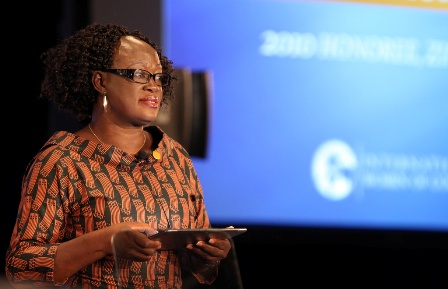Journalists have been called to be instruments in peace-building efforts than be abused in propagating hate speech and conflict.
The Zimbabwe Peace Project (ZPP), a local human rights watchdog that pays special attention to issues of conflict and peace in communities, said Zimbabwe was in dire need of peace in the midst of political, social and economic upheaval.
ZPP chairperson Lindani Dube told a media breakfast meeting last week that conflict and disharmony had, in the past few months, blighted Zimbabwe, hence the need for healing.
“Ideally, the role of the media should be concerned with democracy, justice and the interests of the people. As such, when the media recognises its role in building democracy, in promoting justice and shining light in the dark and grey areas, by extension the media pursues peace.
“ZPP recognises that the media is not just a tool in peace-building, but a partner. A peaceful world cannot help, but benefit us all,” Dube said. “The past months have been rife with conflict and disharmony in the country’s body-politic, in the economics of the nation as well as in the socio-cultural fabric.”
Some political actors in Zimbabwe continue to spew hate speech and characterising opponents as enemies, thereby stoking the fires of instability in the country.
ZPP executive director Jestina Mukoko told the indaba, attended by senior journalists and editors, that journalists need to work towards the practice of “peace journalism”.
“We realise that the media can be both a friend and foe to a peace process. Media can foster human security, and there is evidence that media can reinforce motives for fuelling wars.
“It can also be an instrument for peace and conflict management, which promotes messages and strategies that can lead to peaceful agreements and tolerant behaviour in a given society,” Mukoko, a former Zimbabwe Broadcasting Corporation news anchor, said.
“Media can also be a weapon of violence that propagates biased information and manipulates societies or groups in conflict with divisive ideologies and harmful actions. Thus, the media has become pervasive and extremely influential in attitudes towards conflict. We urge you to practice peace journalism, which seeks to heal, which seeks the truth, truth that heals, not sensationalism that inflames.”
RICHARD CHIDZA-NewsDay Zimabwe









